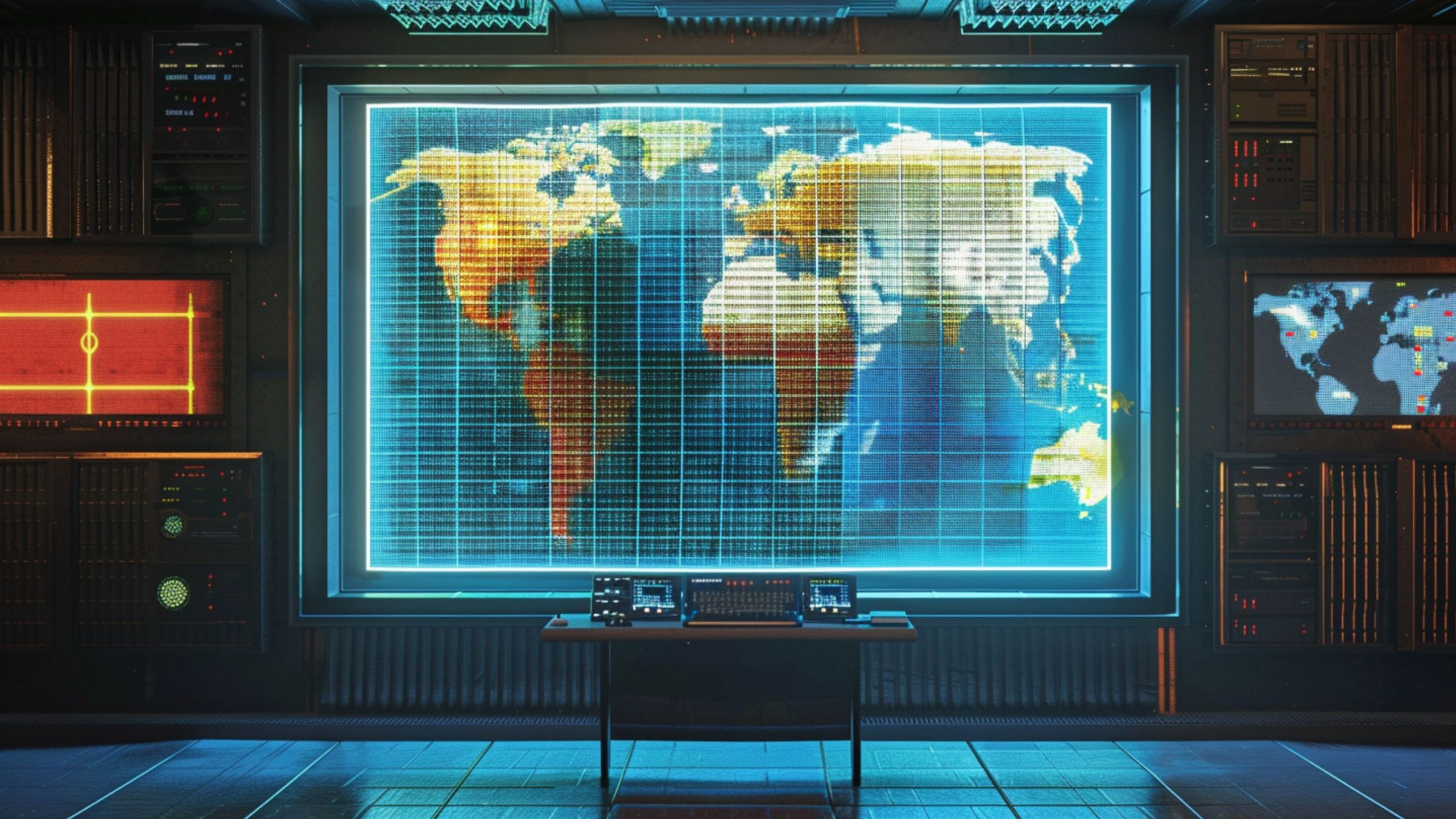The kind of narratives, and resulting policies, that were dominant in a number of countries including the US over the past years, have clearly spilled over to the United Nations (UN), in a way ensuring the longevity of those policies regardless of who is in power in individual countries.
After a concerted focus on “misinformation” and finding ways to censor and surveil online speech in general, the world organization has now picked gamers and gaming spaces as its next target, under the pretext of “detecting and preventing of radicalization” early, as gaming platforms are said to be becoming “recruitment grounds for extremists,” and the trends described as “alarming.”
This type of rhetoric is often used as justification to step up online surveillance and censorship, and now the UN appears to be all in, having organized a gathering earlier in the month it unironically called, “New Quest Unlocked.”
The UN’s previous “quest,” it bears repeating, was to be a forum for high international politics and provide peacekeeping and humanitarian services to the world.
But now, none other than the UN Counter-Terrorism Office (UNOCT) and UN Interregional Crime and Justice Research Institute (UNICRI) representatives are speaking about the dangerous places gaming platforms are allegedly turning into, and the December meeting included companies developing and publishing games, policymakers and researchers.
Deputy Director of UNOCT’s Counter Terrorism Center Steven Siqueira subsequently spoke about the size of the gaming industry and its global significance as a tool of communication.
That tends to attract censors – but, Siqueira spoke about terrorists, and came out with vague statistics about “approximately one in five counter-terrorism cases now involv(ing) young people, with gaming platforms playing a role in every investigated case.”
UNICRI Acting Director of the UN Interregional Crime and Justice Research Institute Leif Villadsen revealed how the organization intends to cope with the threat it has discovered for itself.
It’s called “gaming intelligence” and comes down to monitoring “open source” i.e., public data on platforms including in games, social media, and chats as a way to discover and prevent radicalization “at an early stage.”
The next step is to use “AI” to develop “advanced content moderation tools,” Villadsen said but appeared wary of the fact overt mass censorship and surveillance may not be the way to go.
“The gaming community is filled with personalities with large followings so, we want to avoid any type of takedowns or massive actions which could be counterproductive and seen as suspicious by gamers,” this UN official said.
Instead – “It is crucial that we work with the gaming community, private sector companies and with gamers themselves,” said Villadsen.








